Prayers are extremely powerful. They have an innate spiritual power. Sincere, deep and constant prayer lightens and clears the mind of worries and in fact, bestows the great fruits of strength of mind, peace and purity on the person who prays. Prayers can perform wonders: they can move mountains and cure the incurable.
People often go to Mahatmas with prayers for themselves or their friends and relatives. Some people are moved deeply when they see the plight of their friends or family members undergoing untold suffering: with serious health conditions, with the loss of loved ones, with dire financial difficulties, through other traumatic experiences. Themselves feeling helpless at the other person’s plight, they offer prayers to Mahatmas in whom they have great faith, knowing that the compassion of such great saints will indeed relieve their friends from misery.
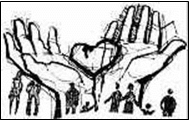 Sometimes though, the immediate relief or cure that the devotee expects from such prayers does not come. Does this mean that the Mahatma is not compassionate, is indifferent to the person’s suffering, or is incapable of alleviating the suffering?
Sometimes though, the immediate relief or cure that the devotee expects from such prayers does not come. Does this mean that the Mahatma is not compassionate, is indifferent to the person’s suffering, or is incapable of alleviating the suffering?
Certainly not. Then what can be the reason?
The following is an extract from the English translation of Ninaivil Nirutthu, a Tamil collection of valuable anecdotes from the lives of great saints, compiled by Sri Ramanujam ji, disciple of HH Sri Sri Muralidhara Swamiji:
‘Sri Chandrasekhara Bharati Mahaswami, a great saint and a pontiff of Sri Shringeri Sharada Peetam, has cured the diseases of innumerable devotees who came to him and prayed for a cure. In the case of some devotees, when they visited him with a complaint, he would say, “It will be cured” and their ailment would disappear completely.
For some others he would suggest a simple rite or procedure for atonement. If the devotees followed the instructions correctly, they too would be cured.
For yet others, the atonement process suggested by him would be very difficult and hard, or in the case of certain devotees, he would even remain quiet and say nothing.
Once a devotee questioned Sri Chandrasekhara Bharati Mahaswami about this apparent disparity in Mahaswamiji’s response to different devotees. For this, Sri Chandrasekhara Bharati Mahaswami gave a beautiful explanation.
He said, “Why do we get diseases in our life? They appear to affect us on their own. But that is not true. It is only our sins that attack us in the form of diseases. Atonement for these should be done according to the sin. When we suggest such atonement to others we should remember one thing clearly. Some diseases can be completely be cured by strictly following the instructions for atonement. The problem will not return either. In the case of some other diseases, we can reduce the suffering to a certain extent but cannot do anything more.
However, for some others, no amount of atonement can reduce or remove the sin. Only by actually undergoing the suffering can one nullify it!” ’
What a lucid explanation this is!
Another related, and usually undisclosed, fact is that Mahatmas, out of compassion, often take upon themselves the sufferings of those who pray to them.
Sri Sri Muralidhara Swamiji says, “Knowingly or unknowingly, throughout history, Mahans have taken up the sufferings of devotees. Saints like Sri Ramakrishna and Bhagavan Ramana got cancer. Yogi Ramsuratkumar was afflicted with cancer in his last days and suffered a lot. Then a devotee asked him, ‘Bhagavan! You have led a pure life. Then why such a suffering?’ Yogiji replied, ‘To bring about a cosmic balance!’
Any Karma, whether positive or negative cannot be vanished; it has to be undergone. If one person does not undergo it, someone else should. The moment a Mahan blesses a devotee, he takes their karma. But an Uttama Guru never reveals that he is suffering on their behalf, for the cognizance of this very fact might upset the true devotee and make him/her feel guilty.”
We, as lay people, can never see the whole picture in any situation. There is so much more to things than we can see with our limited, blinkered vision. On the other hand, Mahatmas can see where we came from, where we are and where we are going. Hence they know what is best for each one of us. Hence if the “cure” does not come immediately like we expect, that does not mean they are not compassionate nor does it mean that they are just being indifferent by letting us face the consequences of our karma.
The most wonderful quality of a Mahatma is that, despite their clear knowledge of our past sins and failings, they still feel deeply for the suffering of every single person, and they still shower their unlimited compassion on us.
Hence once we pray to a Mahatma, be it for our own sake or on behalf of someone else, one thing is for sure: only the best will happen as a result of that prayer. “The best”, at that point, could be a favorable one (from our point of view) in some cases; could be a prolonged stay in that situation in other cases; and in some other cases, the condition may even worsen.
But the fact is that whatever happens as a result of an earnest prayer to a Mahatma is indeed the best answer to that prayer. And only with God’s and Guru’s grace can we even begin to appreciate and assimilate this fact.
Based on the discourses and writings of HH Sri Sri Muralidhara Swamiji and other Mahatmas
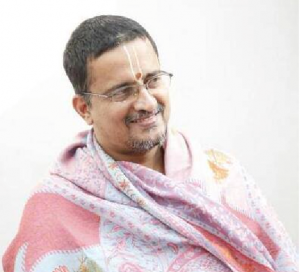


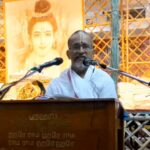
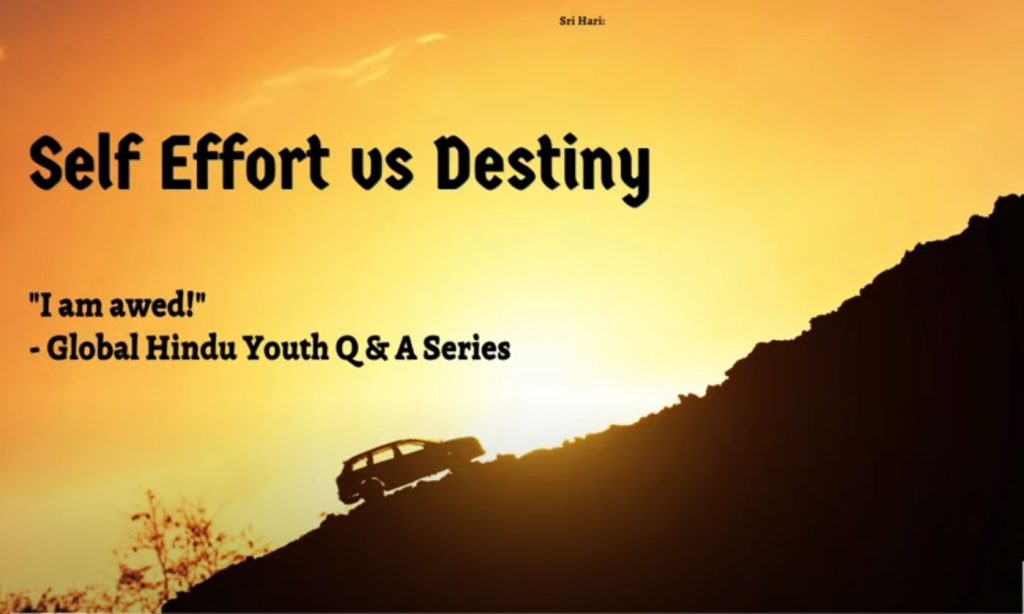
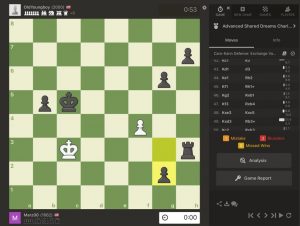

Wonderfully put!. Jai Gurunath.